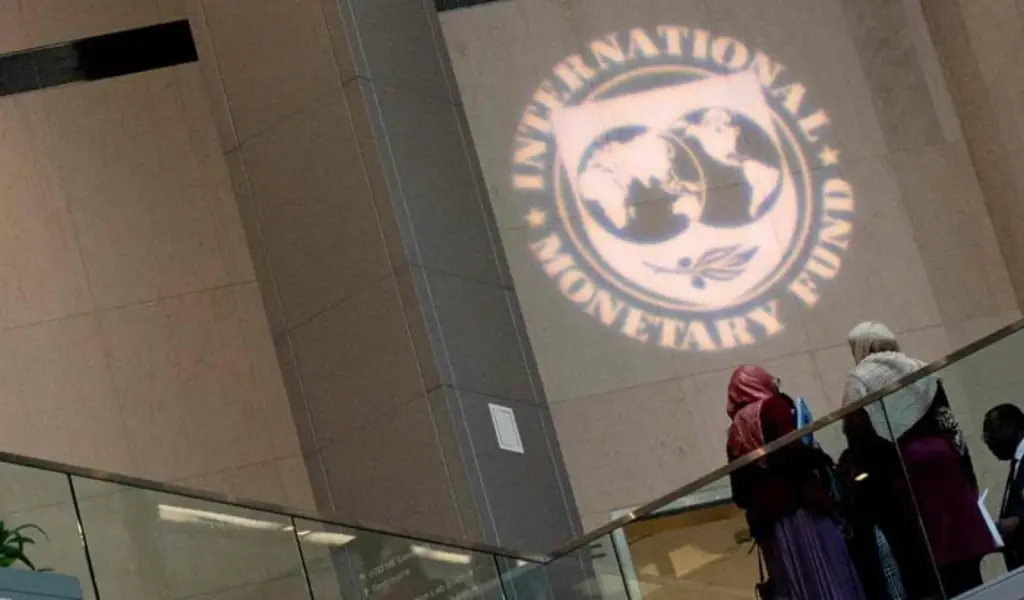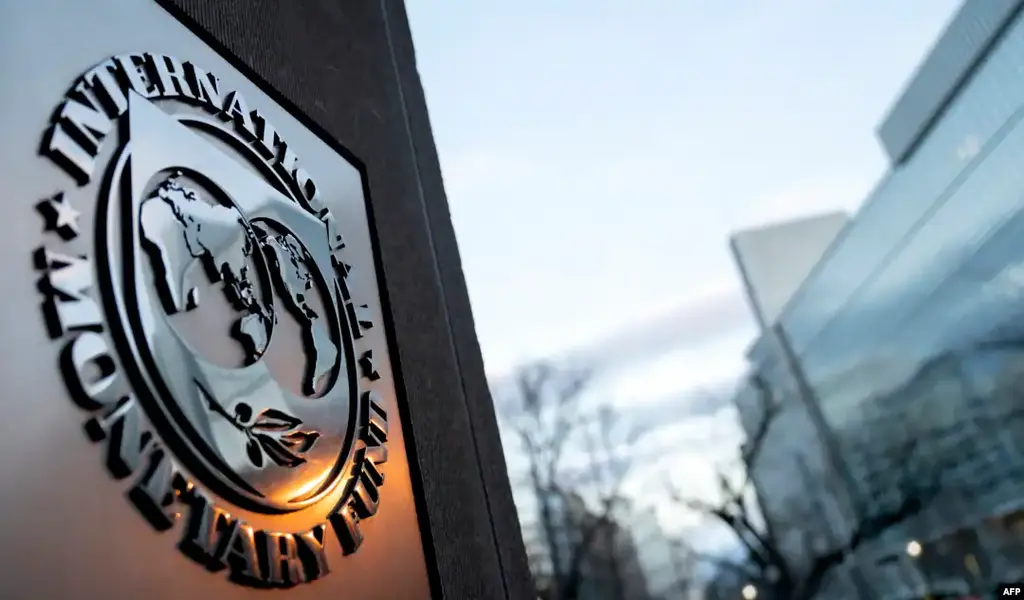(CTN News) – Cash-strapped Pakistan is set to get a $1.1 billion loan tranche from the International Monetary Fund (IMF) following a major meeting of the international lender’s executive board on Monday, despite analysts warning that the country requires significant changes to reduce its reliance on foreign financial aid.
On Monday night, Pakistan’s Ministry of Finance and the IMF stated that the lender had approved the “immediate disbursement” of a $1.1 billion tranche, completing a total loan of $3 billion agreed upon in a deal signed last year.
However, the IMF gave its assent with harsh words. “To move Pakistan from stabilization to a strong and sustainable recovery the authorities need to continue their policy and reform efforts, including strict adherence to fiscal targets while protecting the vulnerable; a market-determined exchange rate to absorb external shocks; and broadening of structural reforms to support stronger and more inclusive growth,” according to a statement released by the organization.
Concerns Over Pakistan’s External Debt and Fiscal Policies
The bailout came after a meeting between Pakistani Prime Minister Shehbaz Sharif and IMF Managing Director Kristalina Georgieva on Sunday, the sidelines of the World Economic Forum meeting in Riyadh.
Sharif’s government sought a new IMF pact after the current $3 billion standby arrangement (SBA) ended on April 11.
Hours after the IMF approved the funding, Sharif stated on Tuesday that the disbursement would improve Pakistan’s economic stability. According to the prime minister, the IMF rescue was critical in preventing the country from defaulting.
Pakistan has been suffering from a severe economic crisis for more than two years, with inflation reaching nearly 38 percent at one point and its foreign currency reserves reduced to $3 billion in February 2023, enough to support fewer than five weeks of imported goods.
In June last year, Sharif received an IMF rescue to prevent a national default, increasing FX reserves to about $8 billion, according to central bank data.
According to Khaqan Najeeb, a former Finance Ministry adviser, Pakistan’s $350 billion economy has seen a gain in foreign reserves and a steady reduction in inflation from 20 percent in March.
“Broadly, we can define Pakistan’s economic situation as macro-stabilization, which is a consequent effect of adjustment policies, but it also means that growth is expected to remain slow and hover around 2 percent,” he added.
Kaiser Bengali, a leading Pakistani economist, voiced worries about the economic future, questioning the sustainability of existing policies and calling for further structural reforms.
Bengali referred to the present economic data as a “mirage,” adding that the perceived steadiness stemmed from the anticipation of more loans.
“If the so-called stability was attributable to an increase in exports or a stronger inflow of dollars, it would have been significant, but that is not the case. What we are seeing right now is a transient condition in which the market reacts to daily news,” he told Al Jazeera.
“The economy cannot function solely on an inflow of loans. “How will we repay all of our [existing] loans?”
Pakistan’s external debt obligations currently exceed $130 billion, with Lahore-based economist Hina Shaikh fearing that using more debt to manage the budget deficit may lead to higher inflation.
“Without a willingness to undertake reforms that rationalize expenditures and broaden the tax net to generate tax collections, the macroeconomic situation will not alter significantly.
She told Al Jazeera that inflation will continue to climb unless more things are produced and there is actual growth—that is, exports increase, manufacturing occurs, and constructive employment prospects exist.
According to Bengali, recent Pakistani governments have had a single-minded goal of determining “where to get new loans to pay the past loans”.
“Public sector development has fallen behind. “There has been almost no major health, education, or housing project in the last four decades,” he remarked.
Najeeb, a former government adviser, stated that the country’s key issue in the coming days would be to put together a framework that may result in growth “based on productivity and investment.”
“We must remember that Pakistan already owes them [IMF] $7bn,” he said.
Bengali concluded with a warning: even the IMF may hesitate to invest big sums of money to help Pakistan recover from its financial turmoil.
He told the audience, “No bank will give you loans indefinitely, especially when they see a deteriorating balance sheet.”







